China is a beautiful country with many sightseeing attractions. COVID-19 has changed many things in the world and almost all of us will be staying in China this summer holiday. Just as there are many uncertainties in the pandemic, unexpected things can happen when you travel. A little bit of preparation will ensure that your holiday will not be ruined. Here are some tips for a happy and safe vacation, as well a great health screening package exclusive to That’s readers.
Avoid Moquitoes & Insect Bites
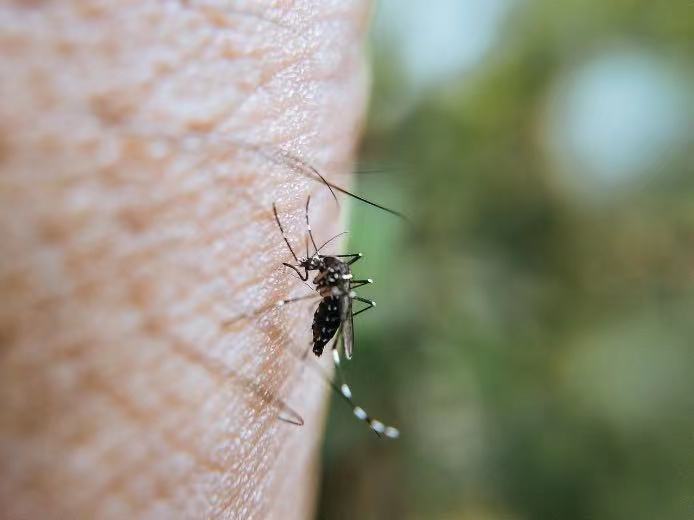
Mosquito borne diseases are a serious health hazard in some parts of China. These are typically found in the warmer and more humid subtropical climates in the south. The most common diseases are Malaria, Dengue Fever, Japanese Encephalitis, Zika Virus and Culex Flavivirus.
Dengue Fever is transmitted by the Aedes mosquito, which is prevalent in certain parts of Southern China and Southeast Asia. The organism that causes Dengue is a virus, which means there is no way to treat the viral infection once it occurs. The only way to prevent infection is to receive the dengue vaccine and avoid getting bitten by mosquitoes.
Mosquitoes are seasonal creatures. They are more abundant in the rainy months and are found in greater numbers around bodies of still water where they breed. There are fewer mosquitoes about in the day, and more at night. However, you can still be bitten at any time of the day, or any time of the year, especially in the shady tropics.
Wearing long sleeved shirts and long pants made of a suitably sturdy material will protect you from bites.
To reduce the chance further, you can treat your clothes with repellent (0.5% Permethrin). You can either treat your own clothes, or buy clothes that have already been treated. Buy an EPA approved mosquito repellent and apply that to your exposed skin.
When you sleep at night, choose lodgings which are air conditioned and have a mosquito screen or mosquito net. If you are sleeping outside in a tent, treat your tent with repellent and bring your own repellent treated mosquito net.
Make sure you read the directions on the repellent, and do not apply it near your eyes or on sensitive skin.
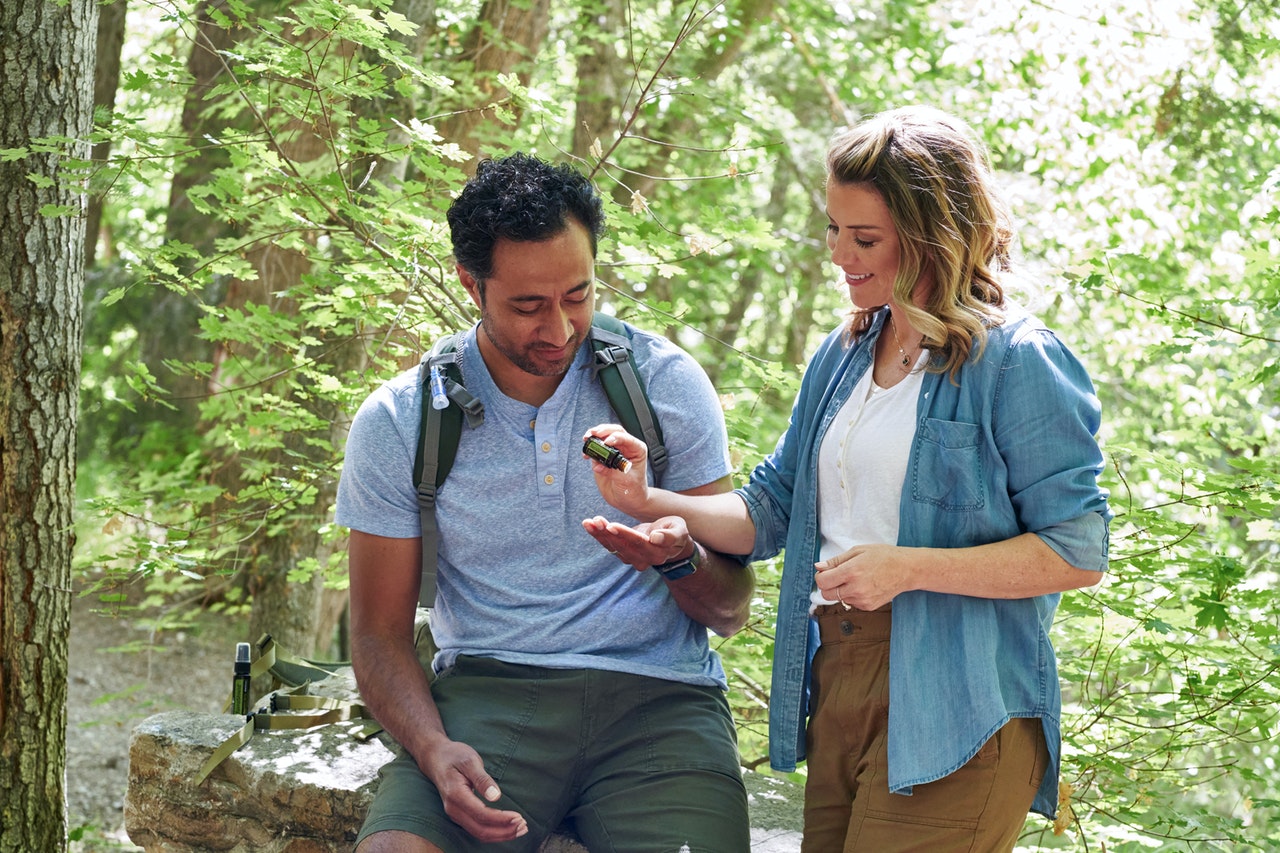
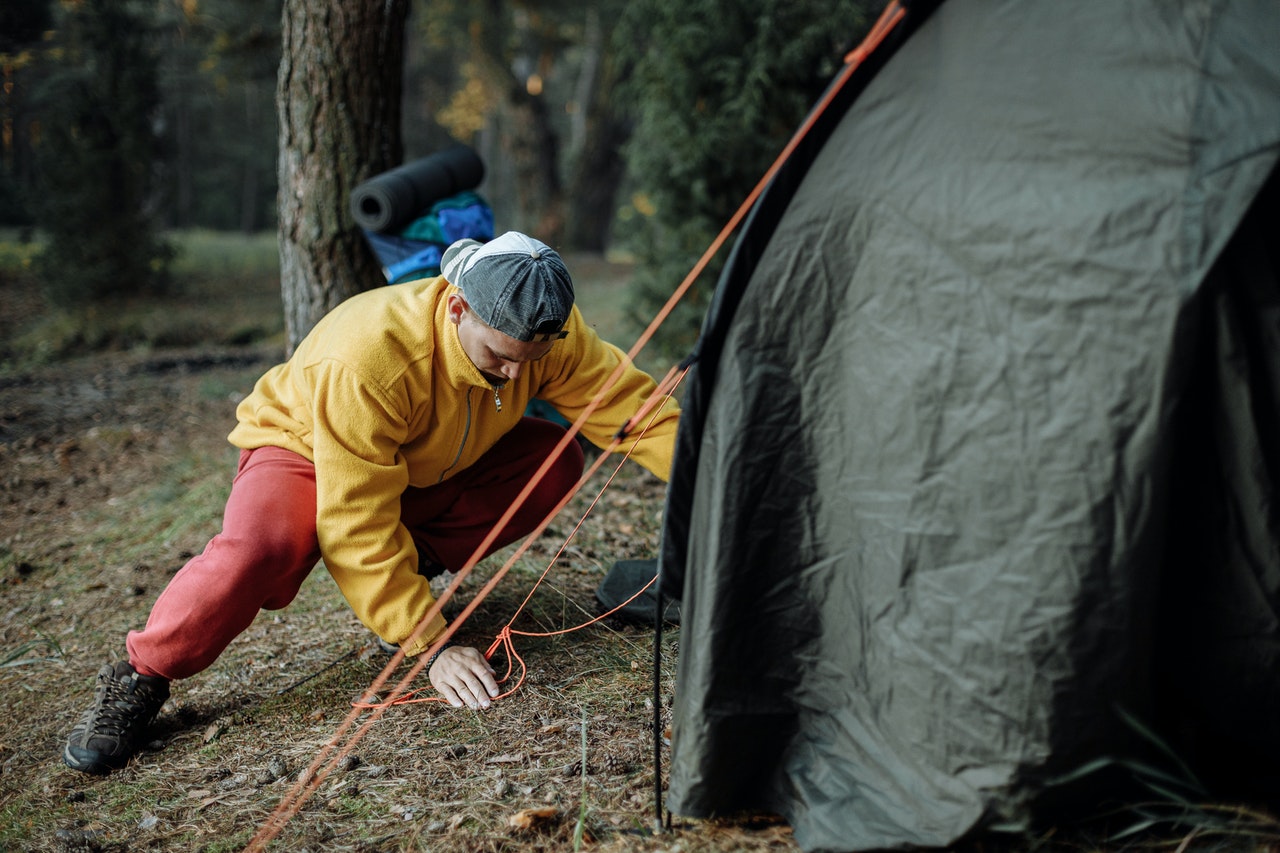
Swim Safely
Certain lakes or rivers in China may look tantalizing and inviting, but be warned: the unseen organisms swimming in these bodies of water may cause serious illness. One example is Schistosomiasis, which is common in many areas of the Yangtze River. Even water which looks pristine and clean may be contaminated. Needless to say, do not go swimming if you can see raw sewage in the water!
Most local governments in China will signpost clearly that an area is not safe for swimming. However, if an area is not signposted, it does not necessarily mean it is safe. If in doubt, seek local advice.
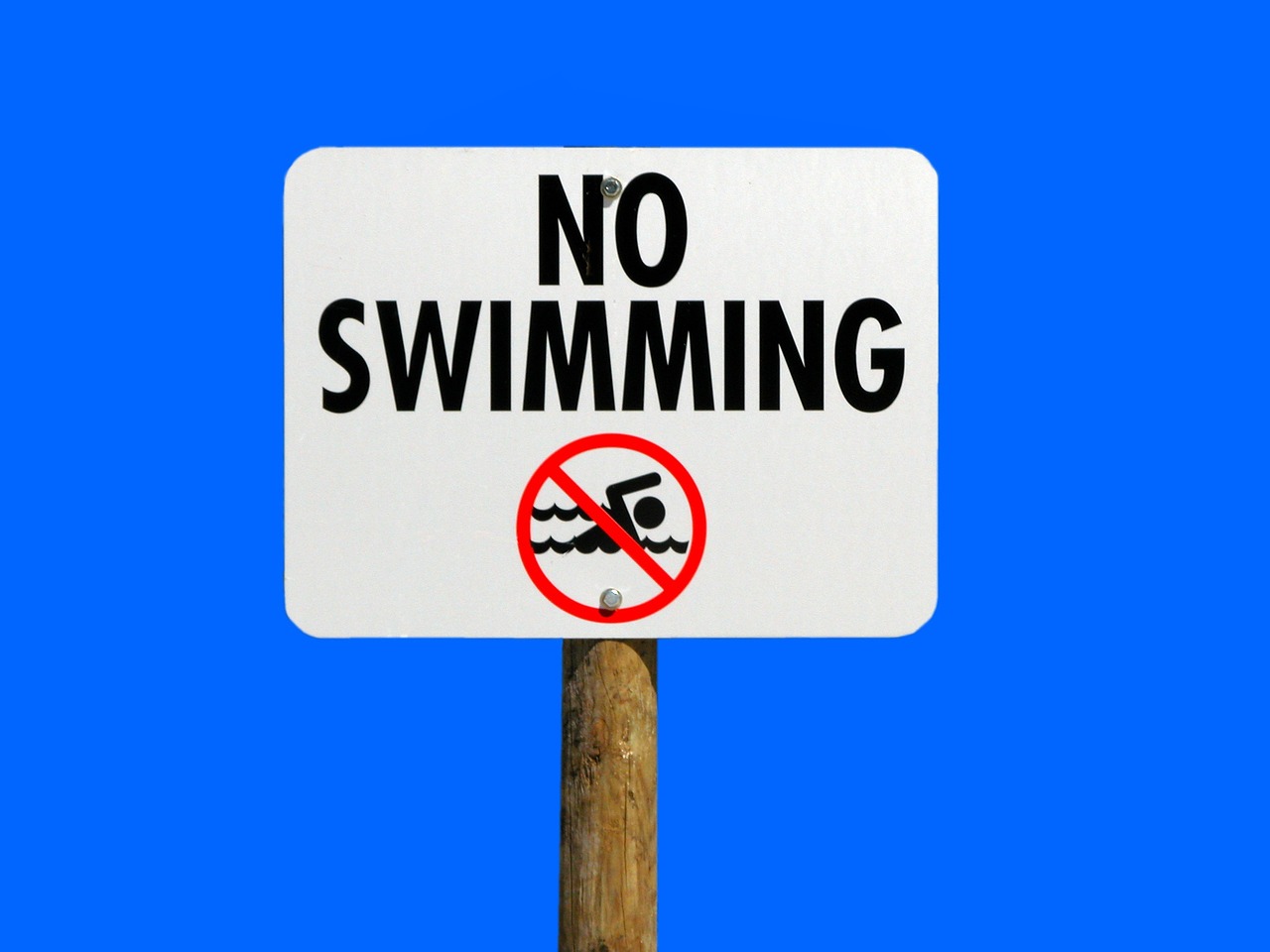
Jellyfish are a growing seasonal hazard in some parts of China due to agricultural runoff, climate change and overfishing. Jellyfish have specialized cells on their tentacles, called nematocytes, each with a tiny needle attached to a coiled muscle. When it contacts your skin, the needle is shot out like a harpoon, penetrates your skin, and venom is injected. Whilst most jellyfish stings only cause a painful local reaction, some people can suffer severe allergies to jellyfish stings. If this happens, seek emergency services immediately.
If you are stung by a jellyfish, the first thing to do is get out of the water. Neutralize the nematocytes and the venom by pouring vinegar onto a cloth and soaking the sting site for at least 20 minutes. If you can see the tentacle, remove it with a fine tweezer. Do not rub it off because the mechanical action will release more stings! After this is done, neutralize the injected venom by soaking the affected area in hot water, about 40-45°C. This water should feel hot, but not scalding.
There are some 'home remedies' for treating jellyfish sting, which include: rinsing in fresh water, urine, alcohol, ammonia, seawater; rubbing or scraping the stingers; or pressure bandages. These do not work and may worsen the sting.
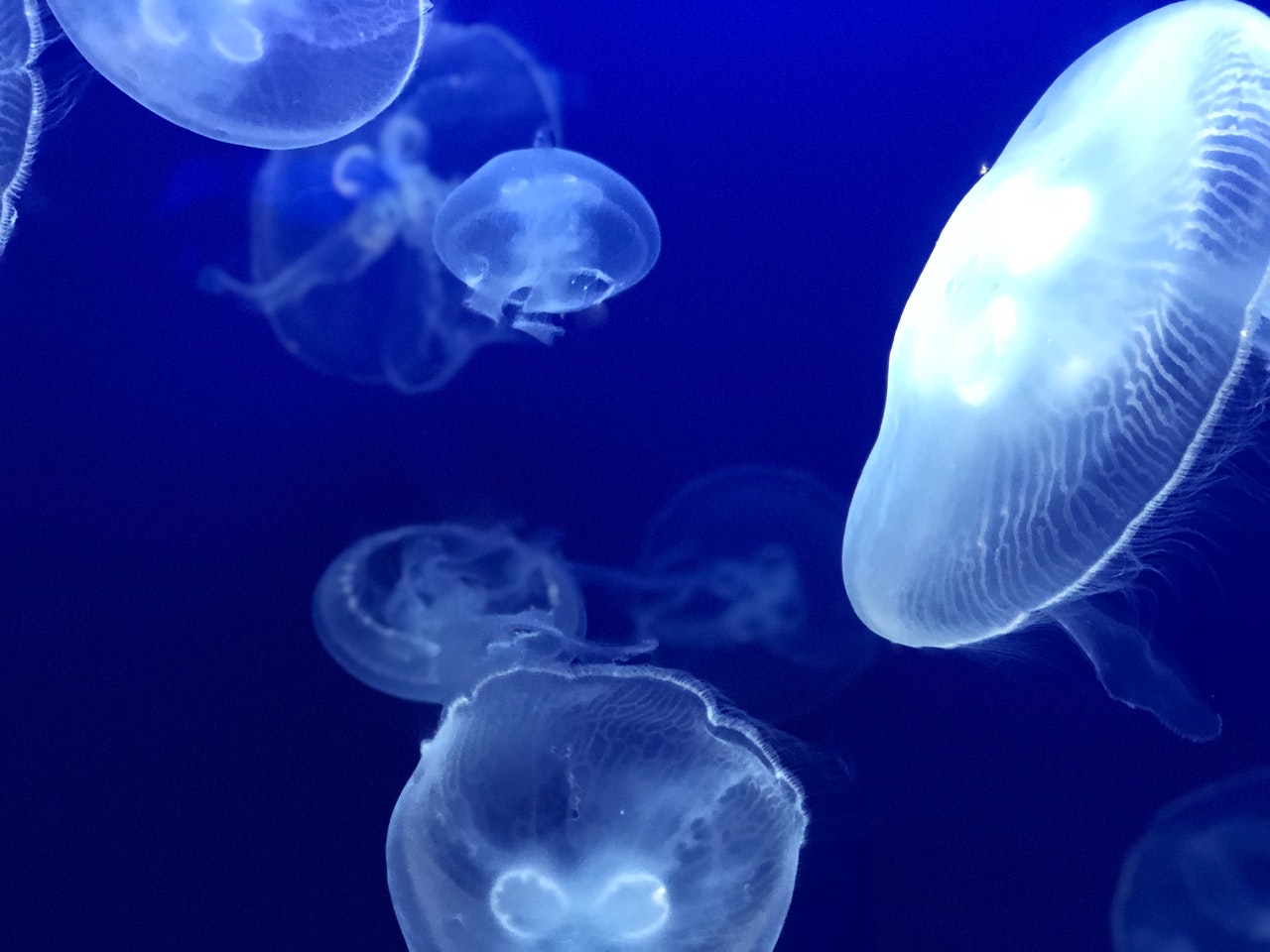
An ever-present hazard when swimming is the risk of drowning. Here are some tips to avoid drowning:
Do not attempt to swim if you do not know how to swim!
Do not drink alcohol. It reduces your reaction time and makes you indulge in more risky behaviour.
Do not jump or dive into water. Water may conceal hidden hazards such as rocks. If you hit your head on a rock and lose consciousness, you may drown. Even if you know that the water is deep, a belly flop or landing on your back may knock the wind out of you causing you to gasp involuntarily when your head is under water.
Children must be closely supervised and must wear a personal flotation device. Remember that a child can drown in a few minutes. A moment’s inattention – turning your back to your child, going to toilet, looking at your phone – is all it takes.
Personal flotation devices should fit correctly and must be designed to keep the head above the water. Inflatable arm devices for children do not do this – they give the illusion of security but do not keep the head above water.
Beware of rough seas and unseen currents. Moving water is surprisingly powerful. Even water that seems calm may have a dangerous undercurrent that can drag you out to sea.
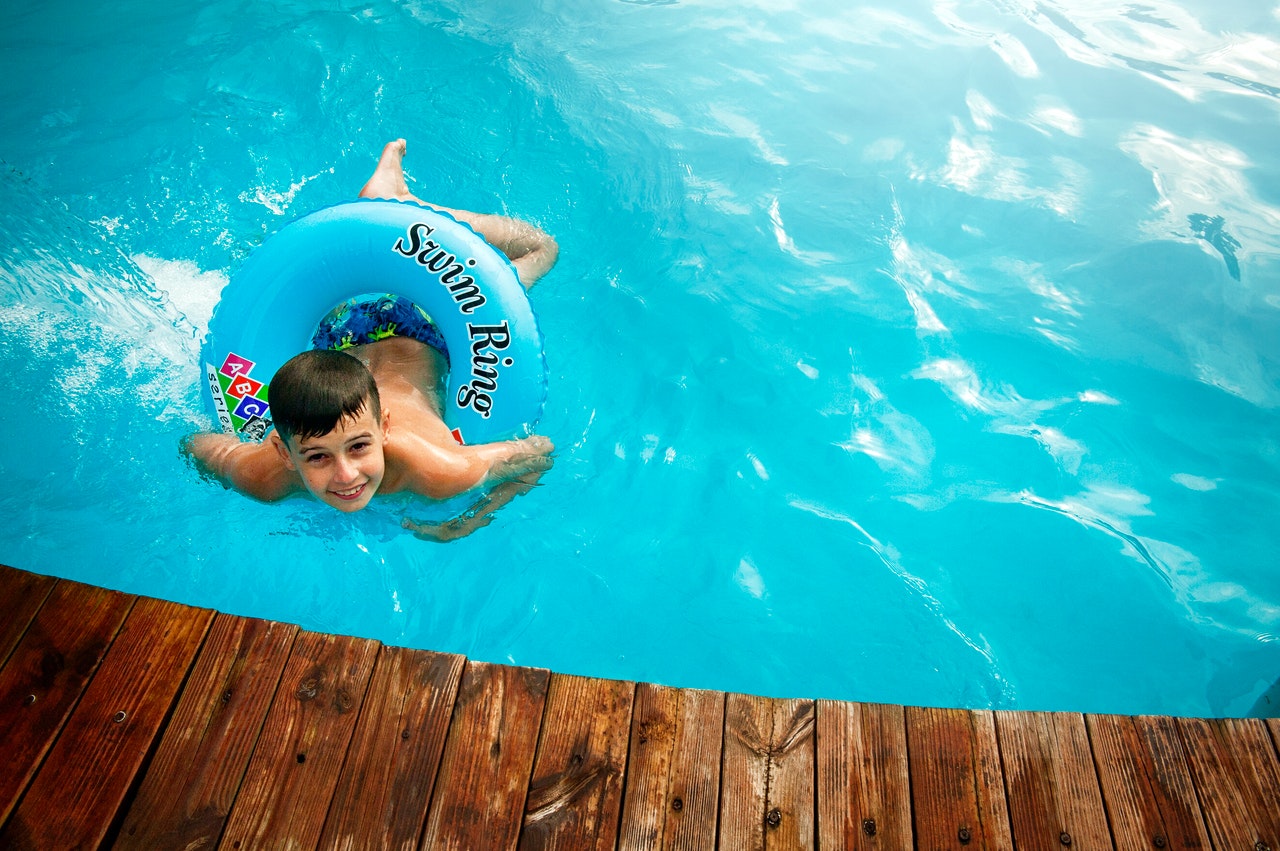
It can be difficult to recognize that someone is drowning. They do NOT yell and scream and flail their arms like they do on TV shows. A drowning person is silent – their lungs are full of water, and they are struggling to breathe, they will not make any noise. If you see someone trying to keep their head above the water and struggling to do so, they are drowning. If you see someone floating with their face down in the water, they are drowning or have already drowned.
Think of your own safety before attempting to rescue a drowning person, because you may end up in the same situation and end up drowning yourself. If they are still conscious, throw them a lifesaver or something that will float. If the person you have retrieved is unconscious, call for help and then immediately perform first aid.
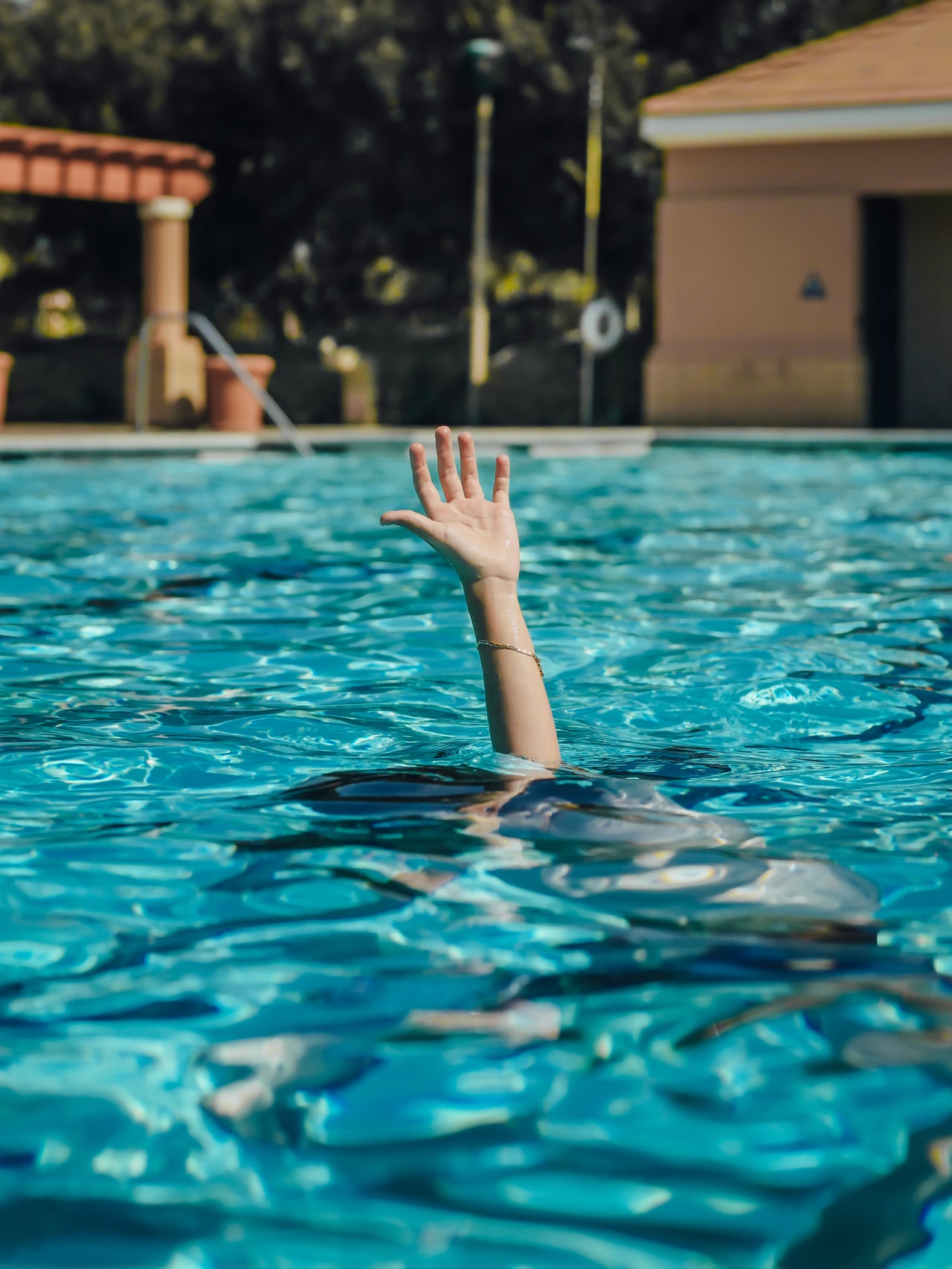
Consider the Environment
The environment itself can pose a danger. In high altitudes, the concentration of oxygen is lower, making it more difficult to breathe. If you travel to a high altitude area, even healthy people will require some time to adjust – but this can be dangerous for people with chronic lung conditions. Travelling to high altitudes can even trigger heart attacks and strokes in those who are vulnerable.
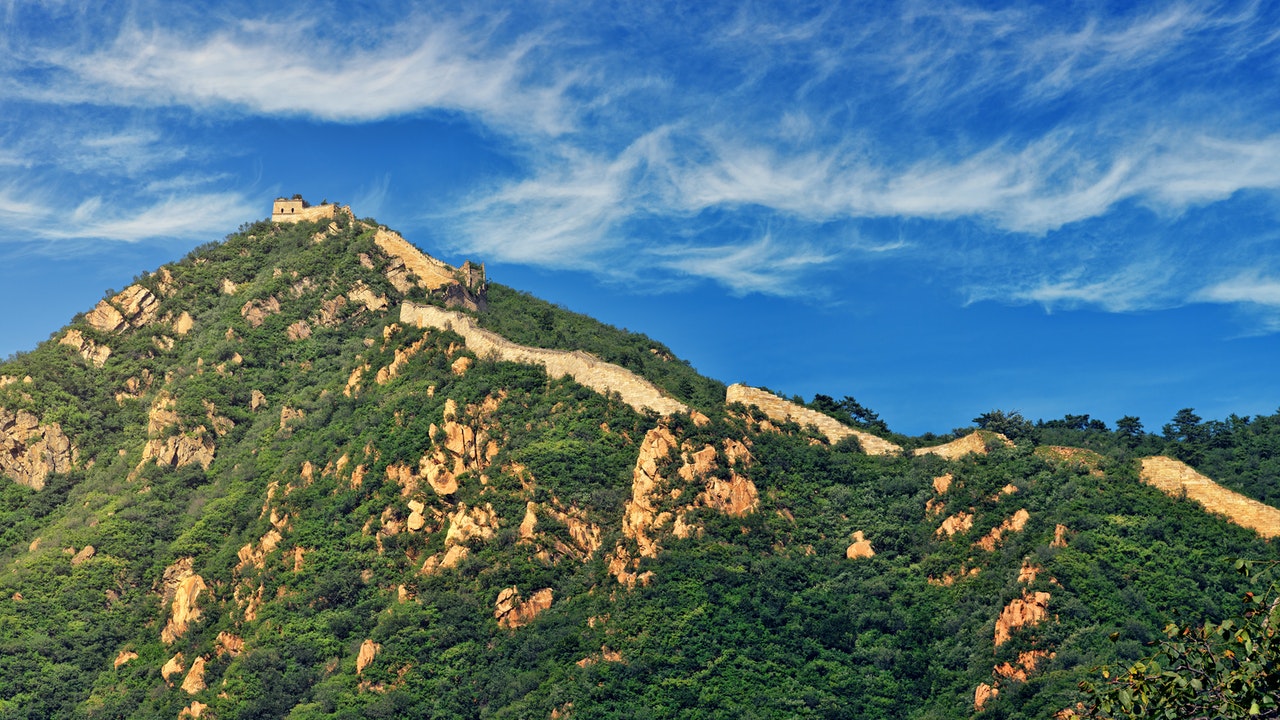
Travelling to hot areas can also pose a danger. A hot and humid environment reduces the efficiency of your body’s usual mechanism to remove heat by sweating. A hot and dry environment increases water loss from sweating.
Of the two scenarios, the heat and humidity is by far more dangerous, because temperatures above 37°C and relative humidity above 90% prevents your body from shedding heat altogether, and your temperature will start to rise. Either way, if you do not take action to prevent dehydration (by drinking plenty of water), or by seeking shelter in the cool, your body temperature will rise and you will suffer from heat stroke.
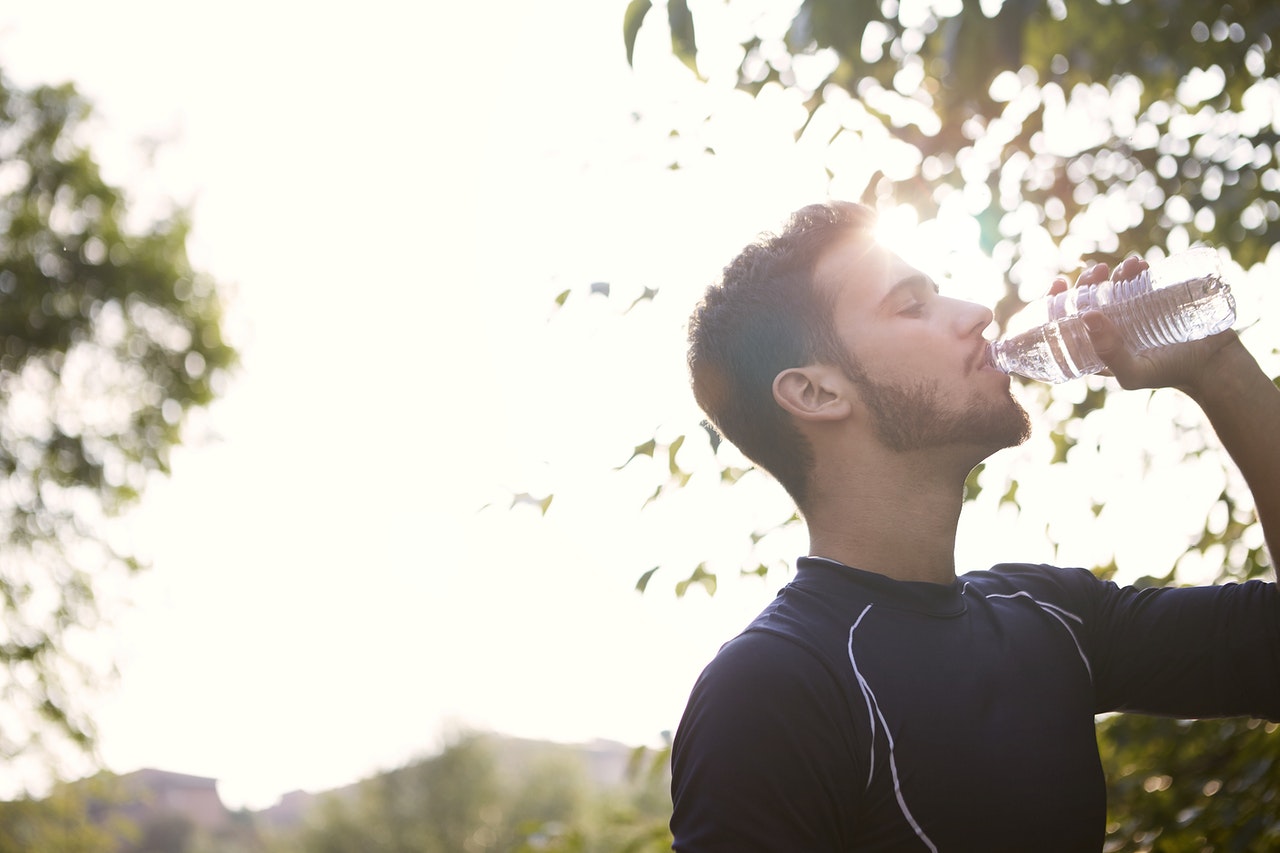
Exposing your skin to the sun in hot and sunny areas increases your risk of sunburn. The “Slip, Slap, Slop” strategy should be sufficient to protect you from the sun – Slip on proper clothing (long sleeves and long pants), Slap on a hat and sunglasses, and Slop on sunscreen. Make sure you buy appropriate sunscreen for your planned activity (for example, water resistant sunscreen if you are planning to swim), and re-apply sunscreen according to the directions.

Wear appropriate shoes – not necessarily what is fashionable, but shoes that you actually need. If you need to do a lot of walking, you need cushioned shoes. If you have flat feet, or high arched feet, consider a shoe insert. You need light and ventilated shoes for the summer, and waterproof shoes for the winter. You may need boots if you encounter muddy conditions. Shoes not only prevent injury to your feet, but will help prevent you from falling and sustaining other injuries.
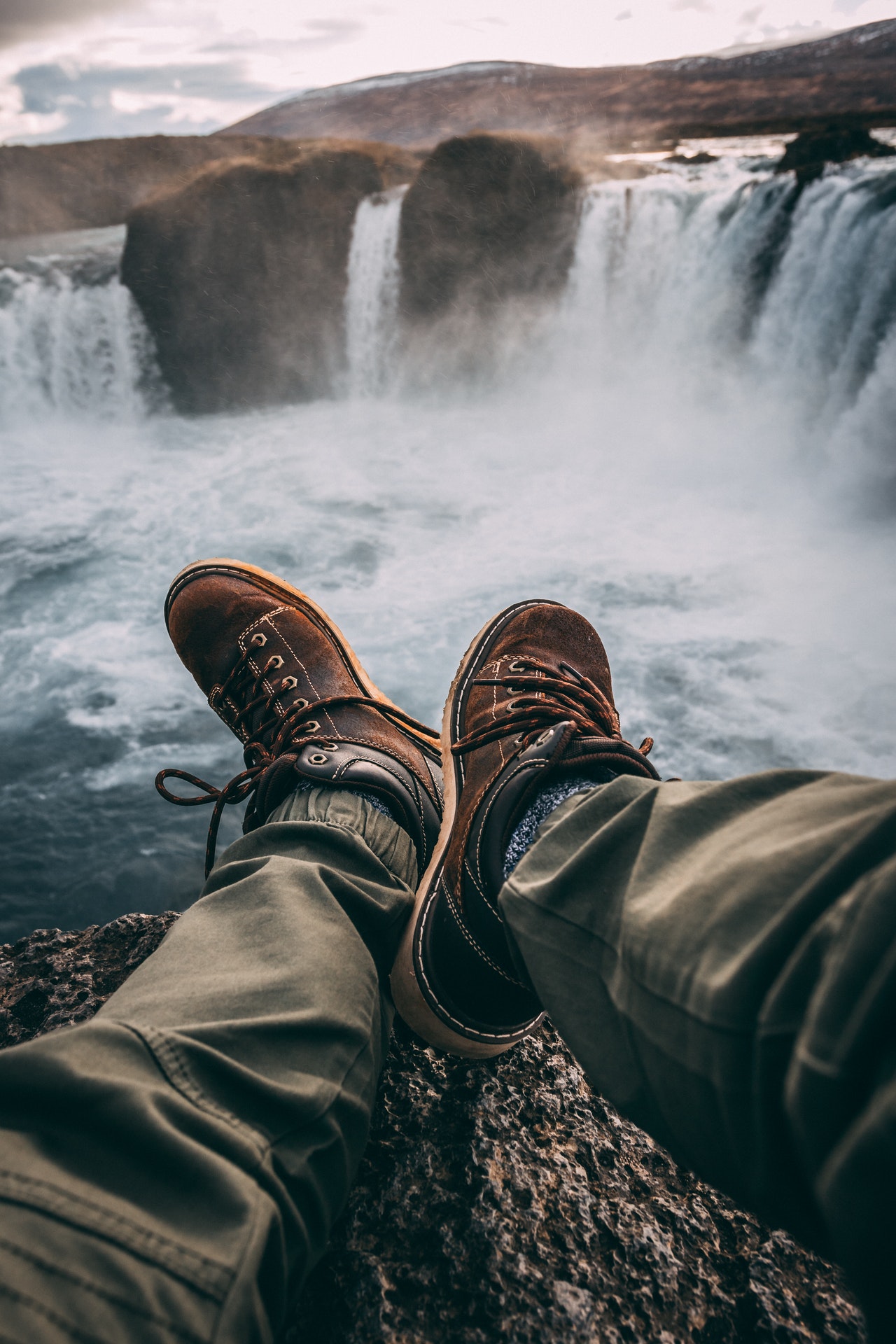
Finally, Remember the 7 “I”s of Travel Medicine
Insects: Avoid insect bites with clothing, mosquito nets and repellents.
Ingestion and Inhalation: Consider safety of drinking water and food. Use masks.
Indiscretion: Infection may result from indiscreet activities.
Injuries: Avoid accidents, consider your personal safety, and stay away from wild animals.
Immersion: Swimming in some lakes or rivers can expose you to risk of parasites.
Immunization: You can be vaccinated against some diseases endemic in some areas.
Insurance: Access to health care, and adequate coverage for services.
Before You Start Your Journey: Health Screening Services
Actively taking charge of your health and wellbeing help you understand your current health condition, enabling you not only to make timely adjustments in your lifestyle, but also detect and treat diseases at their earliest stages.
That's Shanghai readers can enjoy the package price: RMB880-5,200 until the end of August (usual price: RMB880-6,988). Scan the customer service QR code or to learn more:

SinoUnited Health
SinoUnited Health is a leading medical service provider based in Shanghai. Their team of medical specialists is selected from both China and abroad and are renowned for their excellence and rich experience in their respective fields of medical expertise.
Their vision is to provide patient-oriented care by strictly adhering to medical practice guidelines, incorporating the latest technologies and respecting patient’s individual needs. For enquiries, please call 400 186 2116. For more information visit www.sinounitedhealth.com.cn or scan the QR code:

Health Screening Services are offered at the following three clinics:
Huangpu Riverside Clinic
Opening Hours: Mon-Fri, 9am-8pm, Sat & Sun, 9am-6pm
Address: No.757 Mengzi Lu, 3/F, Suite 304-307, Huangpu District, Shanghai 200023.
New Bund Clinic
Opening Hours: Mon-Sun, 9am-6pm
Address: The New Bund World Trade Center (Phase I), Lane 255, Dongyu Lu, Building S7, Suite 101B, 2/F and 3/F, Pudong District, Shanghai 200126.
Zhangjiang Clinic
Opening Hours: Mon-Tue, Thu-Sat, 9am-6pm
Address: U-Plus Building, 268 Xiangke Lu, Suite 101-102/105-108, 1/F, Pudong District, Shanghai 201210.
Dr. Siyu Yan / General Practitioner, MD

Dr. Siyu Yan has many years of clinical experience in Emergency medicine and Internal medicine in Australia. She has worked in several major tertiary hospitals in Australia, including St George Hospital in Sydney. She is skilled in the management of common chronic conditions, preventative medicine, cancer screening and counselling, as well as urgent wound care. Dr. Siyu Yan also has a special interest in women's health and she promotes a holistic care approach to patients.
[All images courtesy of SinoUnited Health]
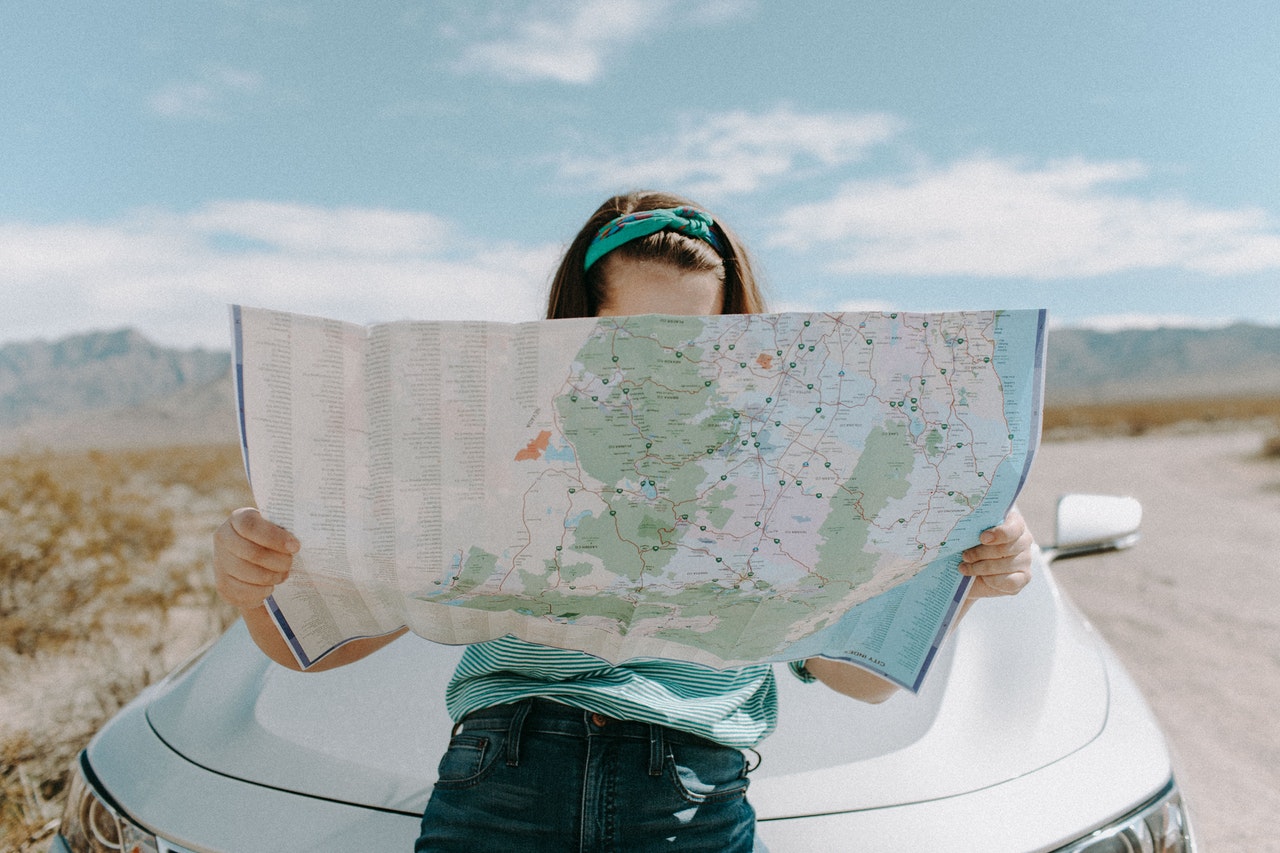





















0 User Comments